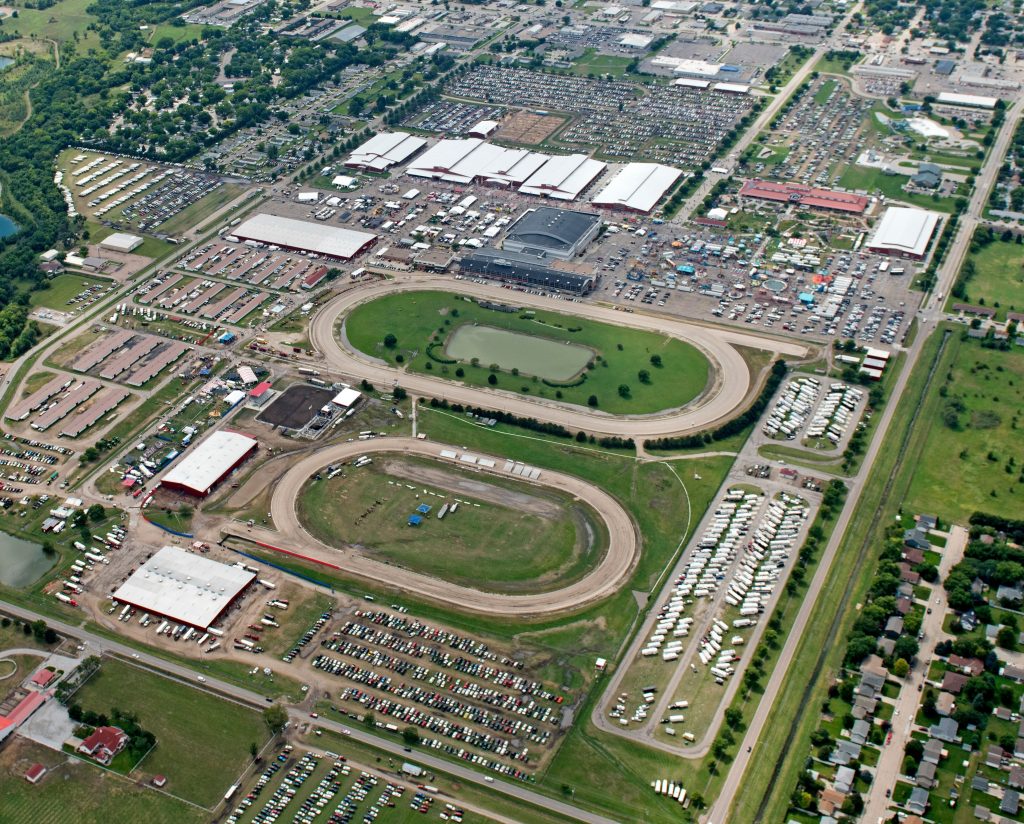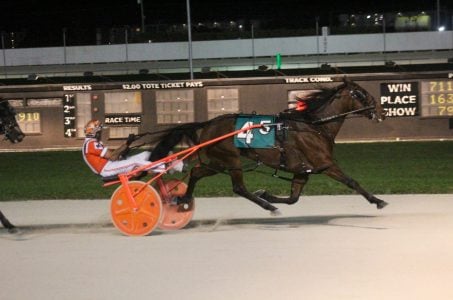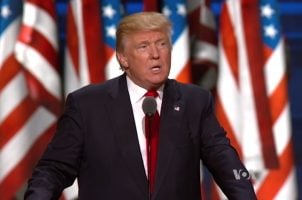Casinos Could Open at Nebraska Tracks in Less Than a Year After Ballot Initiatives Pass
Posted on: November 5, 2020, 02:19h.
Last updated on: November 5, 2020, 07:22h.
Voters in Nebraska overwhelmingly approved three measures that will allow racetracks in the state to offer casino gaming.

With identical 64.9 percent support in the unofficial vote tallies, voters statewide approved separate measures that allow laws leading to the creation of racetrack gaming and allow casino gaming at tracks. The third initiative, which calls for a 20 percent state tax on gaming revenues, received 68.6 percent support.
The measure was supported by Ho-Chunk Inc., the economic development arm of the Winnebago Tribe of Nebraska, along with the state’s Horsemen’s Benevolent and Protective Association.
In an interview with KRGI Radio Wednesday morning, Fonner Park CEO Chris Kotulak said casino gaming could start at the Grand Island track in as soon as 11 months.
Kotulak credited the Ho-Chunk and the HBPA for pursuing casino gaming, as the track tried to implement historical horse racing (HHR). That effort was undone in March by a legal challenge from the state’s Attorney General, who questioned whether the Nebraska Racing Commission could authorize such a measure.
The casino measure faced its own obstacles, too. The Nebraska Supreme Court in a 4-3 ruling two months ago allowed the questions to go on the ballot. That’s after Secretary of State Bob Evnen rejected the petitions in August, citing concerns about ballot language.
Nebraska Casino Measure Faced Big-Name Opposition
The casino gaming initiative did face some sharp opposition, such as legendary Nebraska football coach and former politician Tom Osborne.
Kotulak said the push by opponents weighed on his mind in the weeks leading up to Election Day. He started off hopeful a majority would support the three measures. However, he thought the opponents’ late ad campaign could tilt the outcome. So much so, he was working on concession remarks.
But once he heard the first results Tuesday night, that all changed.
Why did voters support the initiative? Kotulak noted that casinos surround the state. Iowa casinos lure patrons from Omaha, Nebraska’s largest city, and Wyoming race tracks are able to lure horsemen to its tracks and away from Fonner because of larger purses. Casinos in Kansas and elsewhere also lure Nebraskans. The state is also home to five tribal casinos, according to the American Gaming Association. However those five are located in far northern parts of the state away from major population centers
I just think it’s an ‘I’m tired and I’m not going to take it anymore’ sort of a response… and I think they were just fed up of all the money leaving the state,” he said.
According to Keep the Money in Nebraska, the committee that drummed up public support for commercial casino gaming, residents spend about $400 million annually gambling in neighboring states.
Where the Money Will Go
Kotulak said the Fonner Park casino will provide a steady revenue stream that will bolster purses and help the track maintain the hundreds of buildings at state fairgrounds, where the track is located. It’ll also be a job creator for Grand Island, a town of 50,000 in the central part of the state.
In return for allowing commercial casino gaming, Nebraska residents are in line to receive property tax relief as the state will get revenue from casino operations at Fonner Park, the Lincoln Race Course, Horsemen’s Park in Omaha, and other tracks across the state.
Proponents say the casinos could provide up to $80 million in annual tax revenue to the state and communities.
“I’m hopeful that all of that will come to fruition, and I believe it will once we’re able to get a foundation underneath us and get going with the casino,” Kotulak said.
Opponents, though, said they fear what the new source of revenue will cost the state.
Pat Loontjer of Gambling With the Good Life told the Lincoln Journal Star that expanding gaming will lead to increases in crime and family problems.
“The taxpayers are going to have to pick up that tab, not the casinos,” Loontjer said.
Related News Articles
British Horse Racing to Get ‘Formula One’ Makeover
Nebraska AG Sues State Racing Commission for Authorizing Historical Racing
Florida Harness Racing Suit Claims Pompano Park Decoupling Illegal
Most Popular
Las Vegas Overstated F1 Race’s Vegas Impact — Report
Vegas Strip Clubs Wrestle in Court Over Animal Names
Most Commented
-
End of the Line for Las Vegas Monorail
— April 5, 2024 — 90 Comments -
Mega Millions Reportedly Mulling Substantial Ticket Price Increase
— April 16, 2024 — 6 Comments -
Nearly Abandoned Mall Outside Vegas Soon to Have Only One Tenant
— March 12, 2024 — 5 Comments -
Long Island Casino Opponents Love New York Licensing Delays
— March 27, 2024 — 5 Comments
















Last Comment ( 1 )
FINALLY THE PEOPLE OF NEBR WOKE UP WE CAN NOW KEEP THE MONEY HERE THIS SHOULD HAVE PASSED YEARS AGO. ITS A WIN WIN SITUATION FOR THE HORSE RACE., KENO, STATE FAIR, JOBS N ALL THE REVENUU IT WILL CRETE FOR GRAND ISLAND NEBR. STOP BLAMING CASINOS ON CRIMES, VIOLENCE DOMISTIC N ANY OTHER BAD THING THIS IS SO EXCITING I HOPE I CAN BE ONE OF THE FIRST PATRONS TO PLAY THER